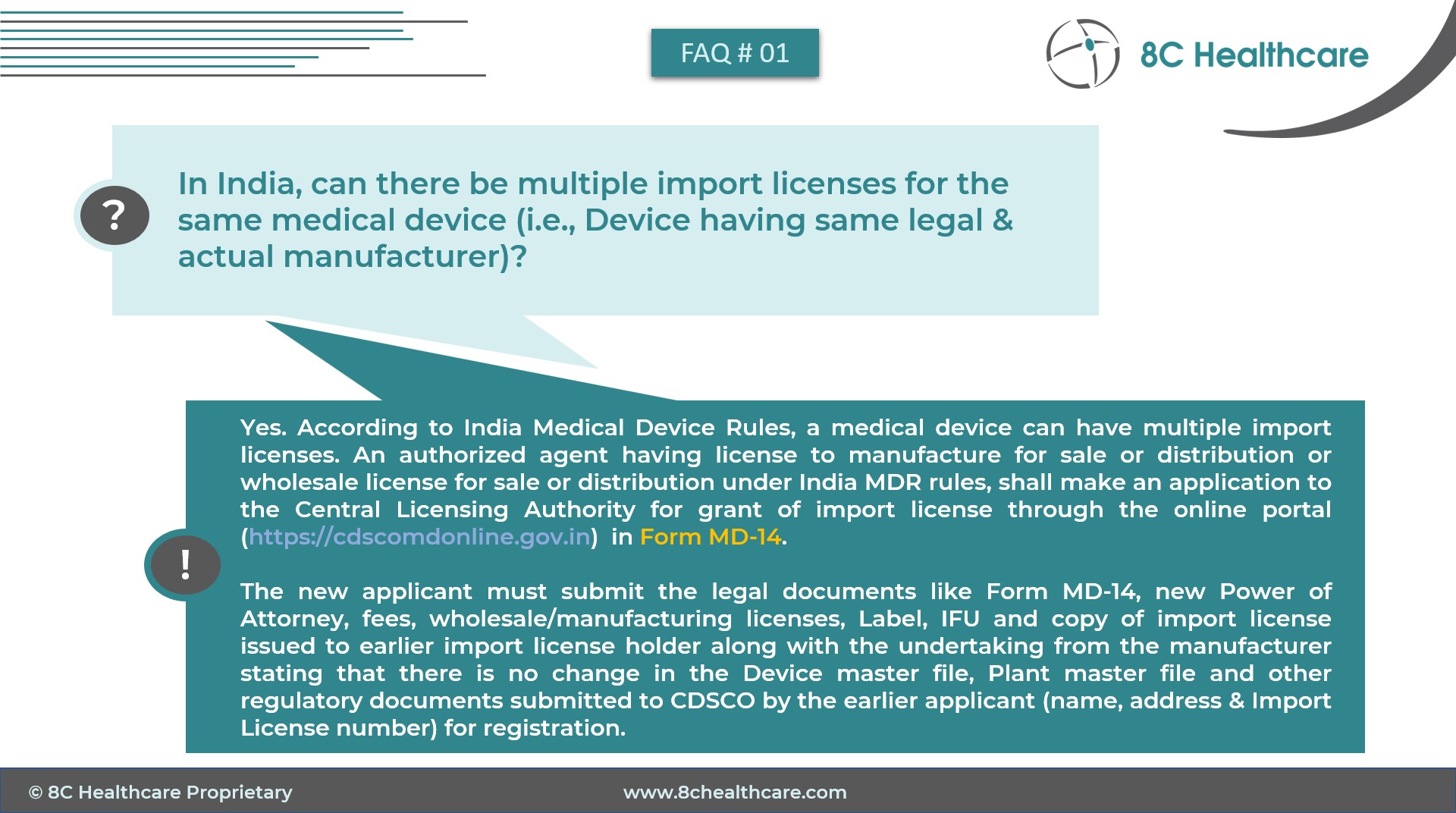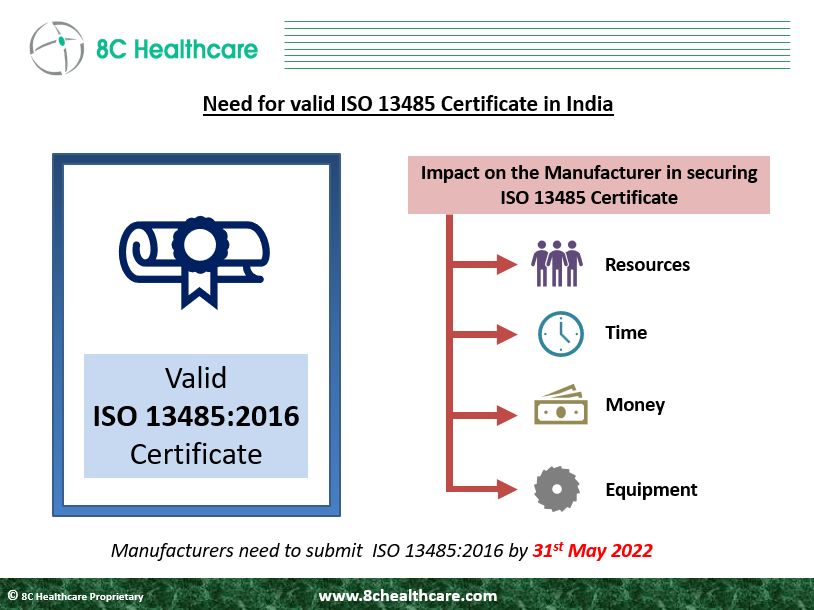US FDA 21 CFR 820 Quality System Regulations
In the ever-evolving realm of medical device regulation, staying abreast of international standards is crucial for ensuring the highest levels of product quality and patient safety. 21 CFR 820, known as the Quality System Regulation (QSR), has long been the cornerstone of quality management for medical device manufacturers in the United States. The United States Food and Drug Administration (FDA) has recently undertaken amendments to 21 CFR 820, aligning its regulations with the international gold standard for medical device quality management, ISO 13485:2016.
Key Amendments to 21 CFR 820 Quality System Regulation (QSR):
- Risk Management Integration: One of the pivotal amendments involves the integration of risk management principles throughout the quality management system. Aligning with ISO 13485:2016, this change emphasizes a proactive approach to identify, assess, and mitigate risks associated with medical device manufacturing.
- Enhanced Document Control: The amendments place a heightened focus on document control, mirroring the ISO standard. This includes more stringent requirements for document creation, revision, approval, and accessibility, ensuring a comprehensive and well-maintained documentation system.
- Increased Emphasis on Management Responsibility: Aligning with ISO 13485:2016, the updated regulations underscore the importance of top management’s commitment to quality. This involves active participation in the quality management system, fostering a culture of continuous improvement, and ensuring adequate resources for its effectiveness.
- Supply Chain Control and Monitoring: Recognizing the global nature of the medical device industry, amendments to 21 CFR 820 align with ISO 13485:2016 by placing a greater emphasis on supplier controls. This includes thorough supplier evaluations, monitoring, and maintaining a robust system to ensure the quality of purchased components.
- Validation of Software and Automated Processes: In acknowledgment of the increasing role of software in medical devices, the amendments to 21 CFR 820 now align with ISO 13485:2016 by introducing specific requirements for the validation of software and automated processes to ensure their reliability and functionality.
- Post-Market Surveillance and Feedback: The updated regulations align with ISO 13485:2016 by enhancing post-market surveillance requirements. This involves systematic processes for collecting and analyzing post-market data, incorporating feedback into the risk management system, and taking appropriate corrective and preventive actions.
8C Healthcare’s Comprehensive Services for 21 CFR 820 Quality System Regulation (QSR) Compliance
8C Healthcare is as a trusted partner, offering a suite of specialized services designed to guide organizations through the intricacies of 21 CFR 820 compliance. We offer flexible Service models for QMS implementation to meet the client needs.
8C Healthcare Specialized Expertise in 21 CFR 820 Compliance –
- Establishment of QMS Systems
- QMS Gap Analysis and Customized Roadmaps
- Training the In-house Quality and regulatory professionals on 21 CFR 820 Compliance
- Mock Audits
- Internal Audits
- Staff Augmentation and resource Fulfilment for QMS roles
- Change Management for adopting eQMS Software
8C Healthcare’s comprehensive services for 21 CFR 820 compliance exemplify a commitment to excellence in the medical device industry. Through specialized expertise, tailored solutions, and a dedication to continuous improvement, 8C Healthcare stands as a reliable partner for organizations seeking to navigate the complexities of quality management and regulatory compliance in the dynamic landscape of medical device manufacturing.


